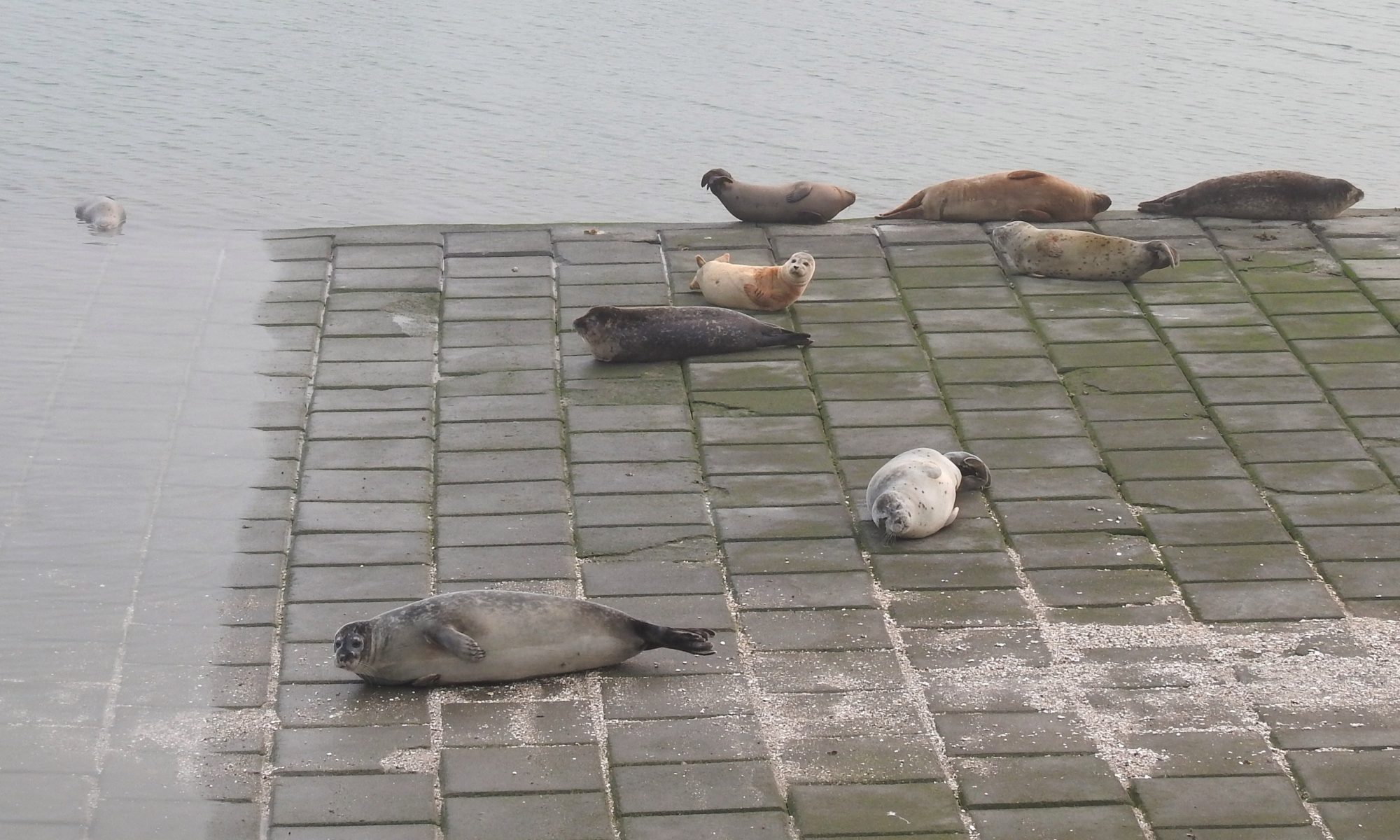Scientists from the Royal Belgian Institute of Natural Sciences (RBINS) summarised the available information on marine mammals in Belgium in 2018 in the new edition of the dedicated report series. The latest edition includes an overview of the strandings and sightings of marine mammals, remarkable fish and a leatherback turtle in 2018, as well as opinion pieces about the sense and nonsense of taking seals into care, the impact of waste on marine mammals and the use of the port of Nieuwpoort as a resting place for seals.
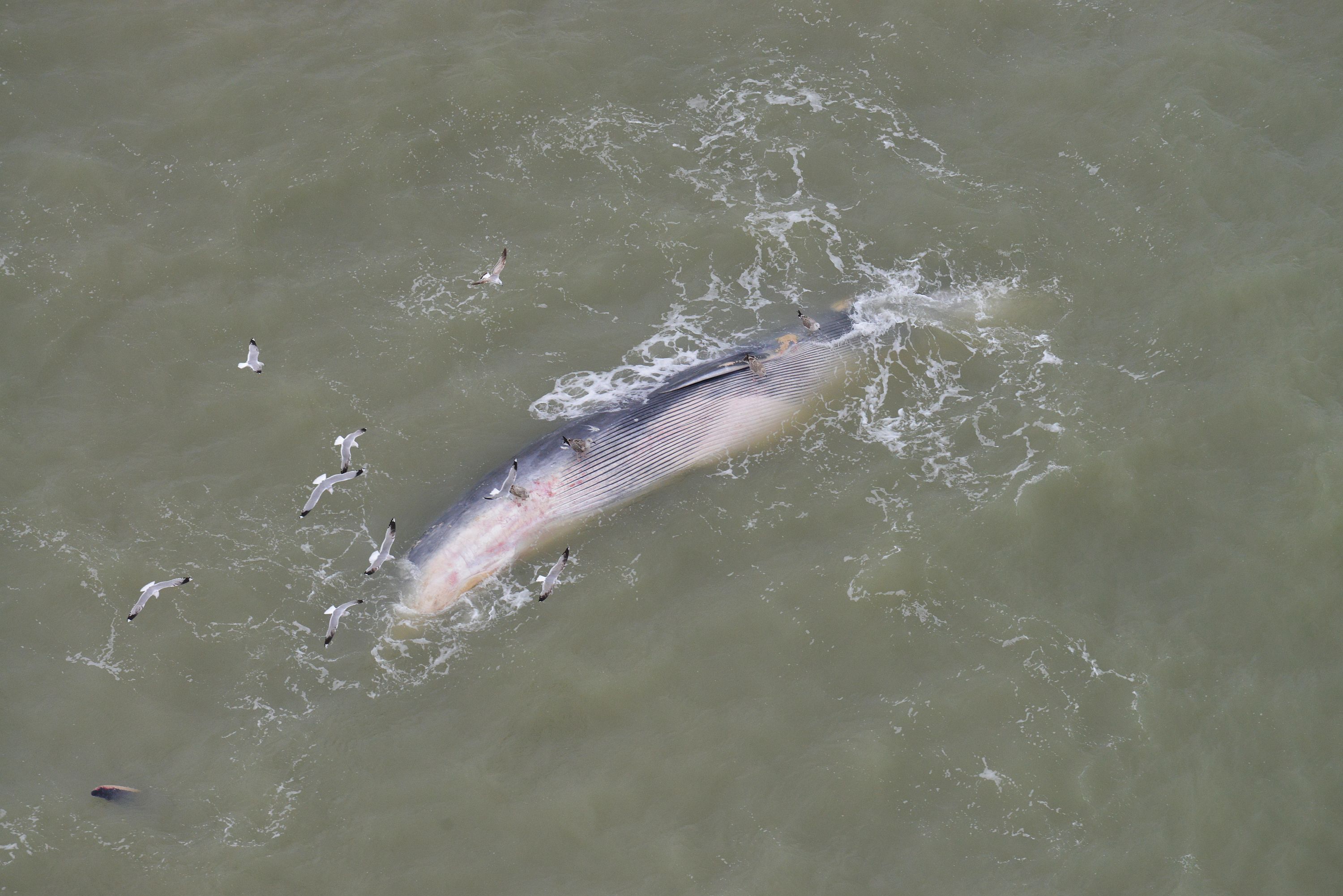
As every year, RBINS has collected data on marine mammals in Belgium. For 2018, this happened with the cooperation of SEALIFE Blankenberge, the University of Liège and Natuurpunt. In 2018, 134 marine mammals washed ashore dead or dying in Belgium, concerning 89 harbour porpoises, 1 white-beaked dolphin, 1 fin whale, 18 grey seals, 11 harbour seals and 14 seals that were not identified to species. In addition, SEALIFE Blankenberge took 30 seals into care: 17 grey and 13 harbour seals (the highest number of grey seals ever, and for the first time more grey than common seals).
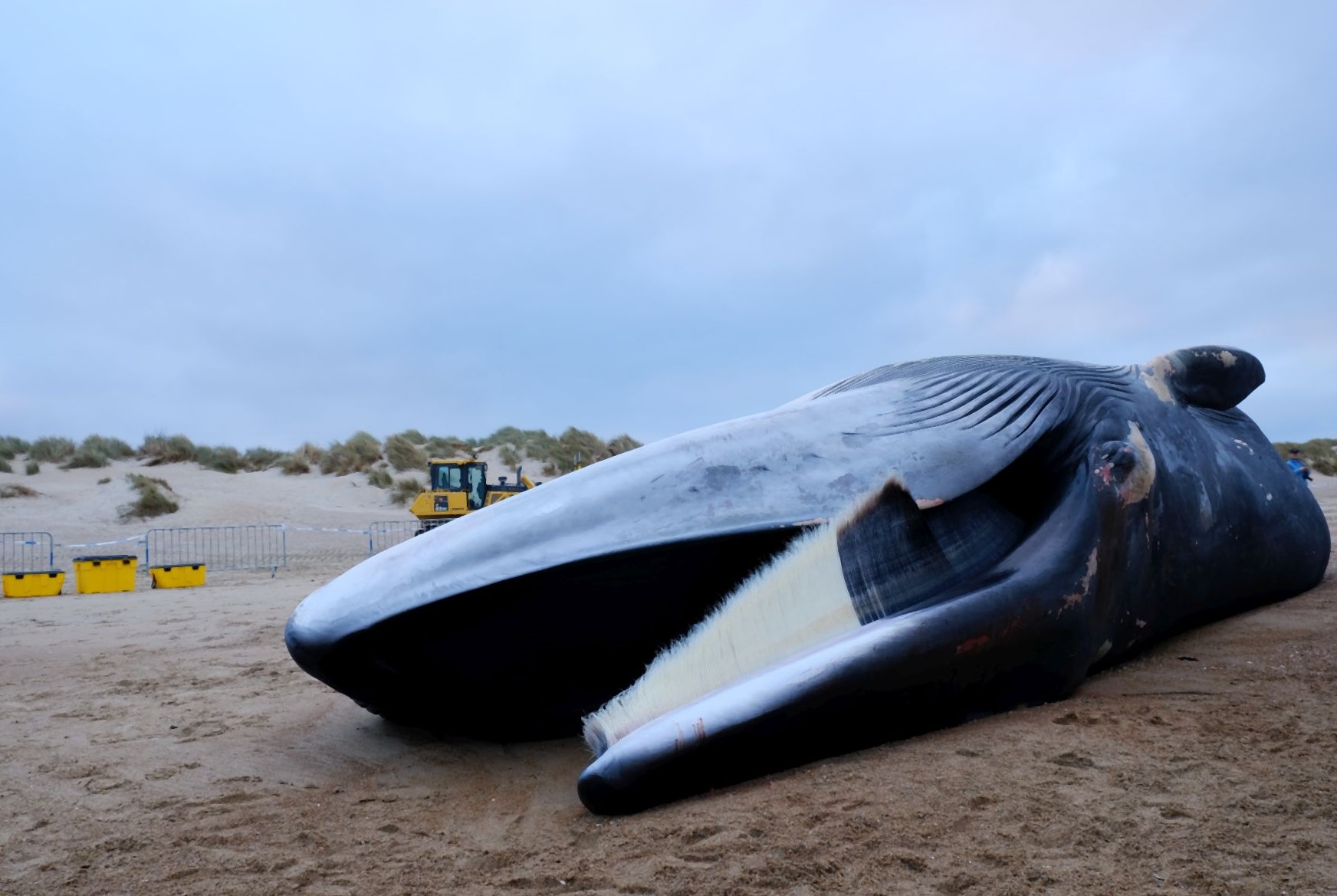
Ten percent of the harbour porpoises for which the cause of death could be established had died from drowning in fishing nets, and 30% from predation by grey seals. The fin whale, an 18-metre-long male found dead at sea, presumably died from a natural cause. The number of stranded dead and dying seals (43) was the highest number ever. Six of the grey and one of the harbour seals were believed to have died from incidental capture. One grey seal died entangled in a piece of nylon rope, and another choked on a flatfish.
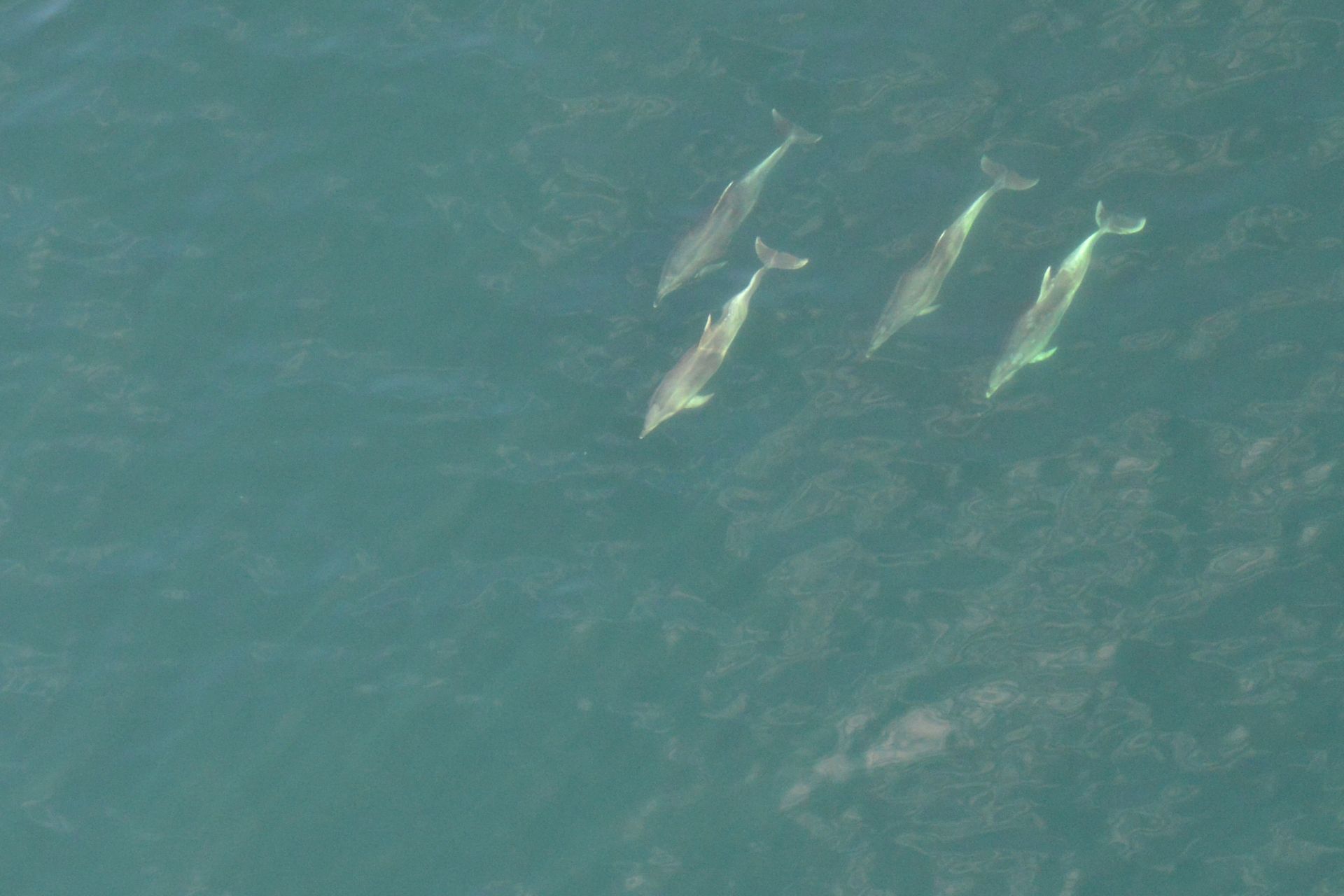
The most striking sightings in 2018 concerned very high numbers of harbour porpoises in April (estimated at almost 20,000 in the Belgian waters, based on aerial counts) and the relatively frequent occurrence of bottlenose dolphins.
The annual report also contains editorials about the sense and nonsense of taking seals into care, the impact of waste on marine mammals and the use of the port of Nieuwpoort as a resting place for seals.
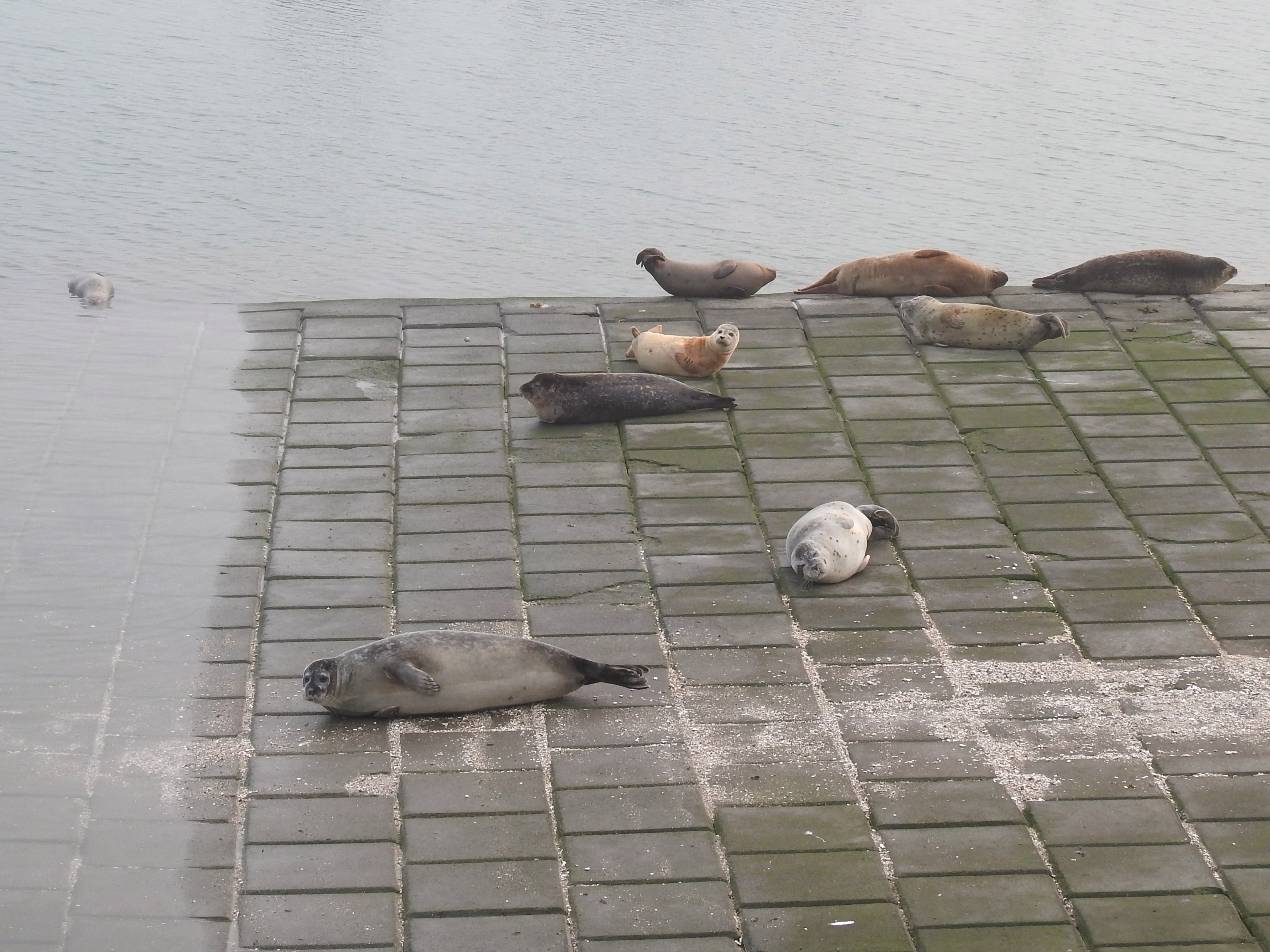
Interested readers can download the report, as well as previous reports, at www.marinemammals.be/reports (available in Dutch and French, with English summary).

